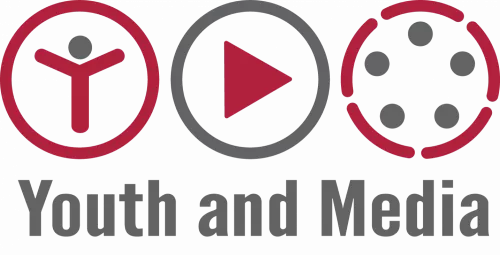Trolling for Trouble
From the Digital Natives blog...
This week, a guest post by Daniel LaMagna, National Center for Missing and Exploited Children summer intern.
This past summer I interned at the National Center for Missing and Exploited Children. While researching for an online communication mini-documentary the other interns and I were working on (Dr. Palfrey and Miriam Simun kindly contributed!), I came across Matthias Schwartz’ fascinating New York Times Magazine article “Malwebolence- The World of Web Trolling.” While this phenomenon is not directly related to online child safety, it raises some interesting issues with regard to ethical questions of online behavior.
Anyway, it’s obvious that these particular web dwellers (on image/message boards) are a pretty nasty bunch. They seem to really get their “lulz” (naughty troll “kicks”) out of making other people miserable. As mentioned in the article, they don’t simply tease or taunt or “verbally” abuse their “targets,” but also threaten and harass them (both online and sometimes offline). If they want to be really rotten, they’ll even steal someone’s identity (social security number and all) and post it on an online public space for the world to see. This, of course, is criminal activity, but they’ve found ways to use the anonymity of the internet to avoid getting caught. Some espouse philosophical theories/ideals to justify their actions, but I think they’re just saying this to either:
1. Lie and confuse others just for the sake of it (for the lulz)
2. Rationalize their behavior
3. Sound complicated and “deep” (and way smarter than the rest of us)...
Continued...
